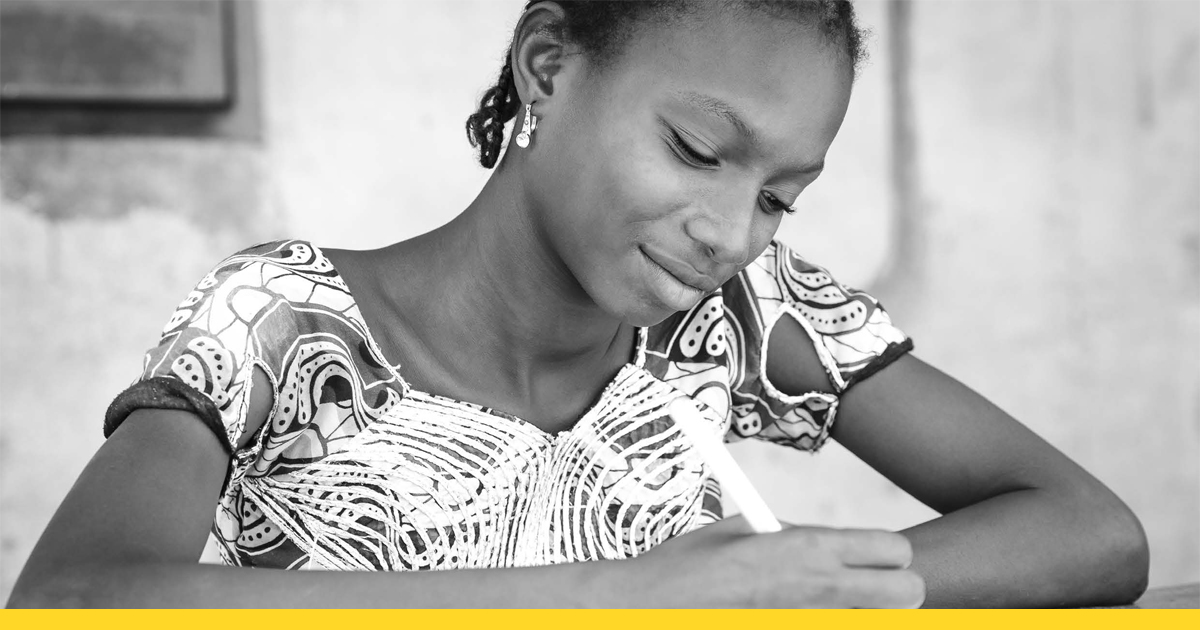The Centre for Human Rights, Faculty of Law, University of Pretoria (Centre), cordially invite you to a panel discussion on the decision of the African Committee of Experts on the Rights of the Child (African Children’s Committee), communication No: 0012/Com/001/2019, Legal and Human Rights Centre and Centre for Reproductive Rights (on behalf of Tanzanian girls) v United Republic of Tanzania (Reproductive Rights case).
Event Information
Date: Friday 21 July 2023
Time: 11:00 - 13:00 (SAST)
Hybrid (In-person and online)
Background
This decision established that a government policy excluding pregnant girls from schools constitutes discrimination against the girl child and a violation of the right to education of the girl child. The discussion is the fourth in a series of discussions launched by the Centre in April 2022, focusing on decisions of African human rights bodies, namely: the African Court on Human and Peoples’ Rights, the African Commission on Human and Peoples’ Rights, and the African Children’s Committee. The series provides a platform for stakeholders to engage on critical aspects of recent decisions of African human rights bodies, namely: the normative and jurisprudential contributions of the decisions, as well as the strategies with which to enhance their effective implementation.
Summary of the case
The Applicants, in this case, challenged several acts and omissions in Tanzania, including: the mandatory pregnancy testing of girls in schools and health facilities; the legal requirement under the Education (Expulsion and Exclusion of Pupils from School) Regulations of expulsion from school of pupils (girls) on grounds of them having entered into wedlock and/or testing positive for pregnancy; the policy of non-re-admission of schoolgirls including girls who drop out of school due to pregnancy or getting into wedlock; and the practice of authorities illegally arresting, detaining and interrogating pregnant girls to reveal persons who impregnated them. In its decision issued during the 39th Ordinary Session held virtually from 21 March to 01 April 2022, the African Children’s Committee found in favour of the Applicants. According to the Committee, the acts challenged constitute a violation of Tanzania’s obligations under the African Charter on the Rights and Welfare of the Child, namely: article 1 (obligation of states parties), article 3 (non-discrimination), article 4 (best interests of the child), Article 10 (protection of privacy) article 11 (education), Article 14 (health and health services), Article 16 (protection against child abuse and torture), and article 21 (protection against harmful social and cultural practices).
On that basis, the Committee ordered the Tanzanian government to take steps to redress the violations, namely: immediately stop and prohibit the continuation of those developments; ensure unconditional readmission back into school and avail social support programmes of the girls expelled due to pregnancy and wedlock; investigate the case of illegal arrests, detention and interrogation of pregnant girls; provide sexuality education for adolescent children and child friendly sexual and reproductive health service; undertake extensive sensitization of teachers, health care providers, police and other actors on the appropriate protection for pregnant and married girls; undertake measures to proactively eliminate child marriages and other harmful practices against girls; and to enhance mechanisms to guarantee access to justice to survivors of sexual violence. In regards to implementation monitoring, the African Children’s Committee invoked Section XXI (1) of its Revised Communication Guidelines and ordered Tanzania to report within 180 days of receipt of the decision on the measures taken to implement the decision.
Objective and approach
The objective of the discussion is to interrogate the normative and jurisprudential contribution of the above decision, its envisaged impact, as well as the strategies with which to enhance its effective implementation. The panel leading the discussion will include a representative of the African Children’s Committee, a representative of the complainants, as well as representatives of the academia, namely:
- Nkatha Murungi
Associate Professor, Deputy Director
Centre for Human Rights and Children’s Rights expert - Ms Adima Zemenfes
Legal Researcher
African Children’s Committee - Applicants’ Representatives
Centre for Reproductive Rights and Legal and Human Rights Centre
Participants will have an opportunity to contribute to the discussion during the plenary session.
For more information please contact:
Tel: +27680318715
brian.kibirango@up.ac.za@up.ac.za
Litigation and Implementation Unit
Tel: +27 (0) 12 420 3151
foluso.adegalu@up.ac.za




